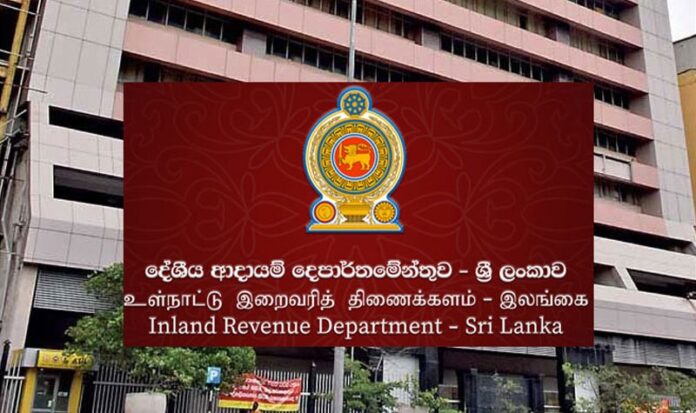By: Staff Writer
January 05, Colombo (LNW): Civil Society group highlights IRD website lacks a Security Sockets Layer Claims vulnerability could expose website and citizen’s data open to security threats such as cyber attacks
They asked IRD for clarification regarding absence of an SSL and information on measures taken to ensure data security.
The Citizen’s Collective, a civil society group, expressed serious concerns about the security of data on the Inland Revenue Department’s website in a written communication sent recently.
The organisation noted that on observation it found that the Department’s website http://www.ird.gov.lk lacks a Security Sockets Layer (SSL), an encryption-based Internet security protocol.
The group highlighted that this vulnerability could expose the website to various security threats, including cyber-attacks such as Man-in-the-Middle attacks, where an attacker could interact with users while posing as the Inland Revenue Department.
The organisation highlighted that implementing an SSL is crucial as the website not only provides tax information but is now actively facilitating the tax registration of citizens. It also noted an SSL is also vital to safeguard sensitive data and maintain public trust.
The group urged the Department to provide clarification regarding the absence of an SSL and to outline the measures taken to ensure the security of citizens’ data.
The security concern has been raised at a critical time as the Government has mandated individuals over the age of 18 to register with the Inland Revenue Department and obtain a Tax Identification Number (TIN) before 1 February.
Amidst the security issues of Inland revenue dept web site, State Minister of Finance Ranjith Siyambalapitiya announced the temporary suspension of the Rs. 50,000 fine specified by legal provisions for individuals failing to comply with Tax Identification Number (TIN) requirements.
However, this revelation is in contrast to the Inland Revenue Department’s recent notice, cautioning that individuals not obtaining a TIN could face penalties, potentially reaching Rs. 50,000 with enforcement scheduled to commence from 1 January 2024.
The conflicting statements have sparked discussions about the coherence of Government directives regarding TIN compliance and associated penalties.
Despite the legal requirement for individuals over 18 years to obtain a TIN, Siyambalapitiya clarified that a non-compliance fine will not be implemented at present citing the importance of balancing fiscal measures.
Siyambalapitiya highlighted that the intention of the tax reform is not to oppress the people.
“Although certain tax measures were implemented to boost the Government’s revenue, it is not to impose unnecessary financial burdens on the citizens,” he added.
The State Minister underscored that obtaining a TIN does not automatically translate to an obligation to pay taxes.
He specified that only individuals with a net monthly income of Rs. 100,000 or more are required to pay income tax.

